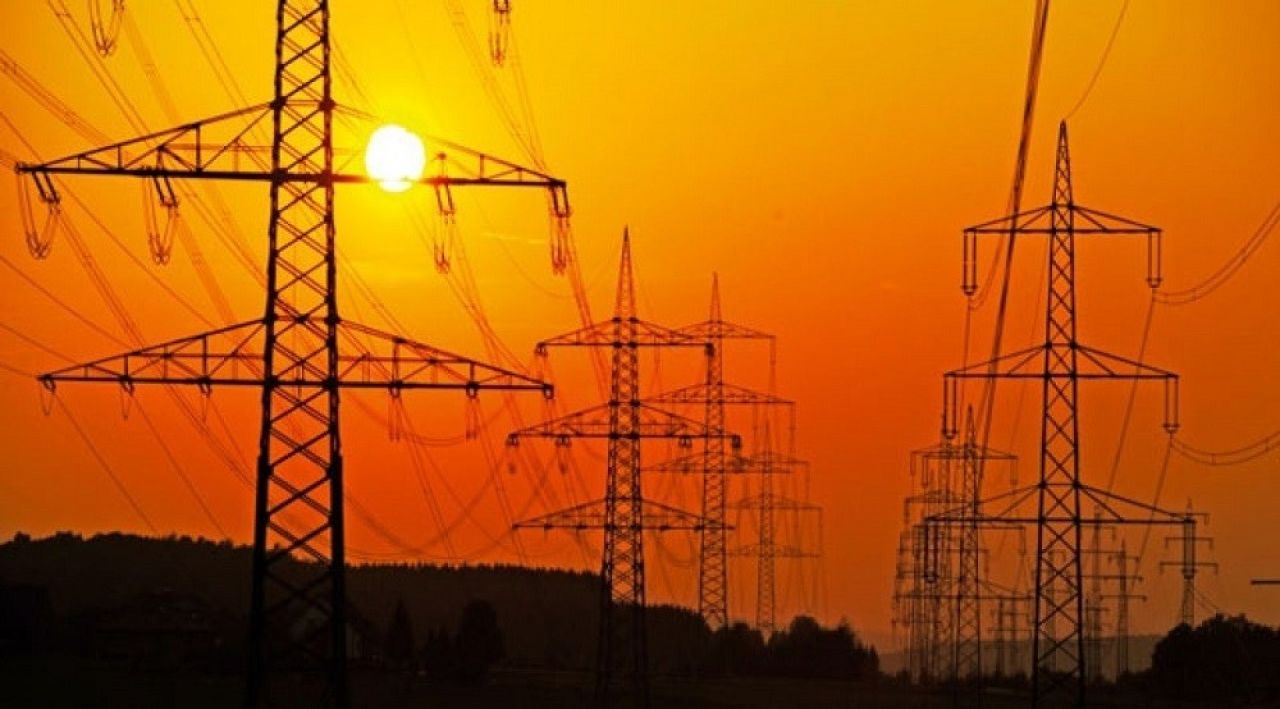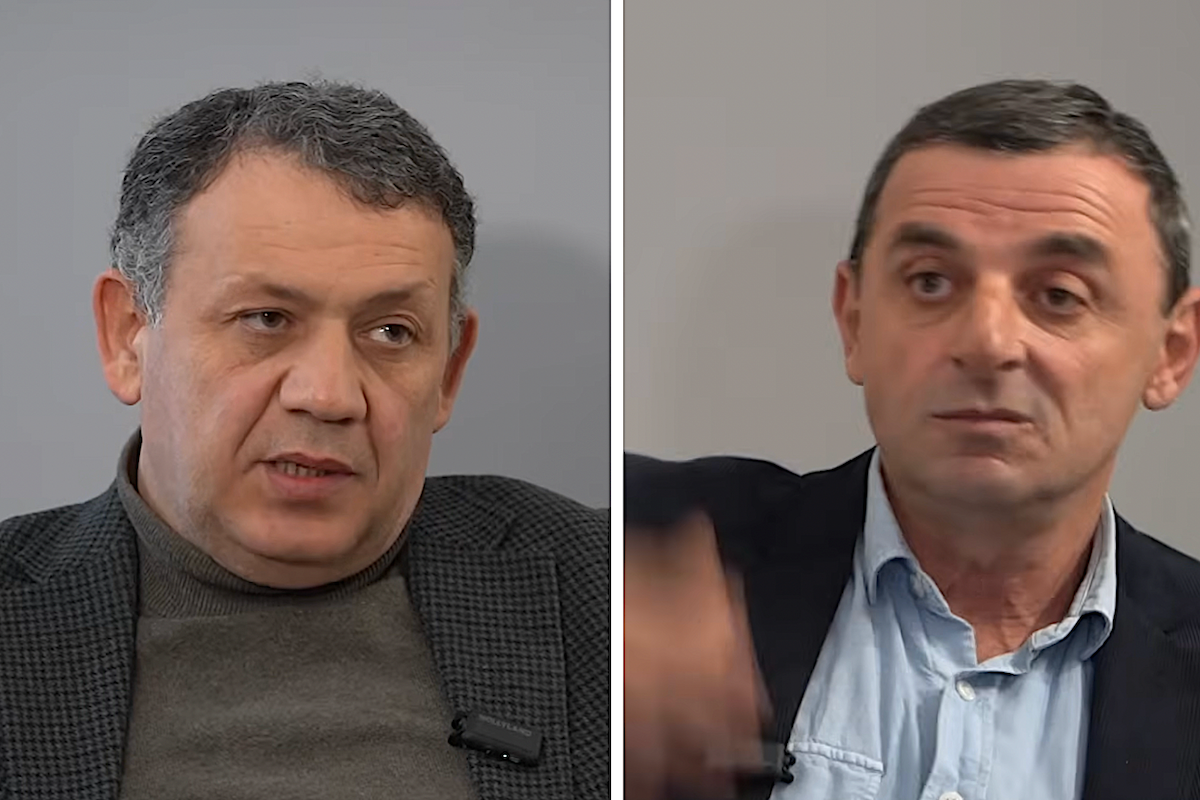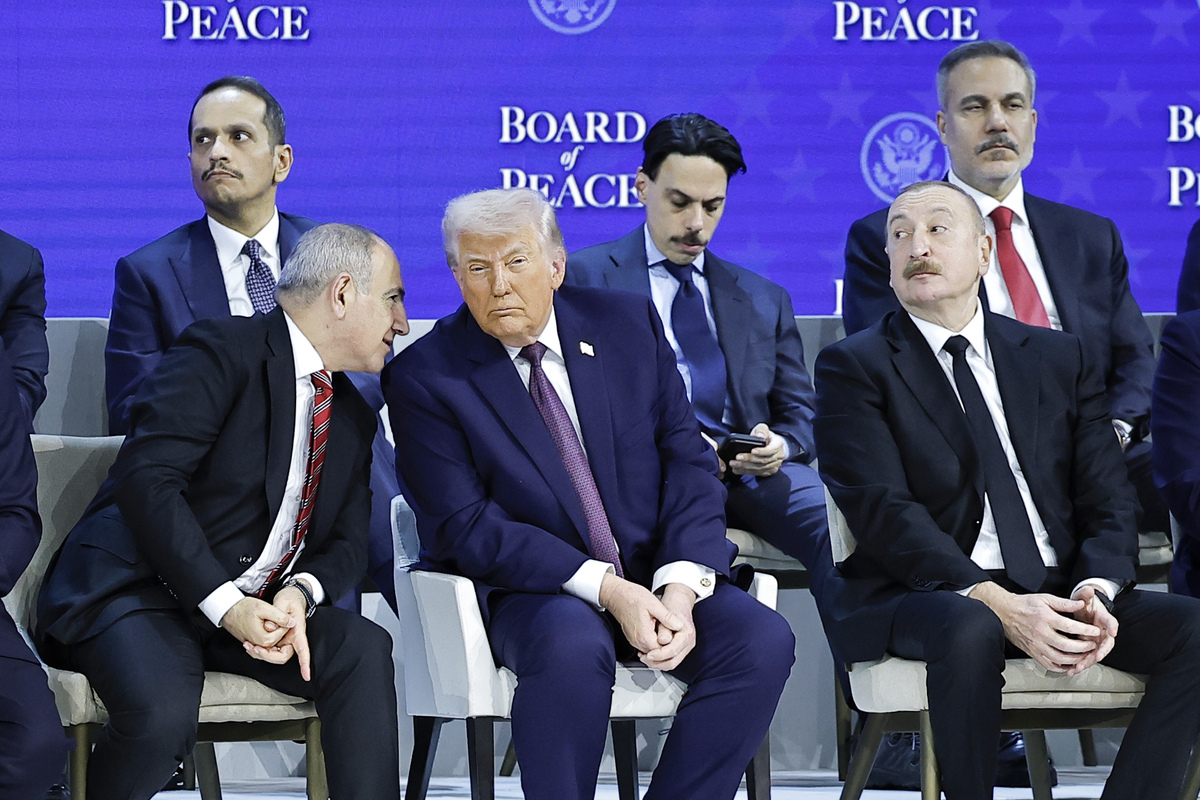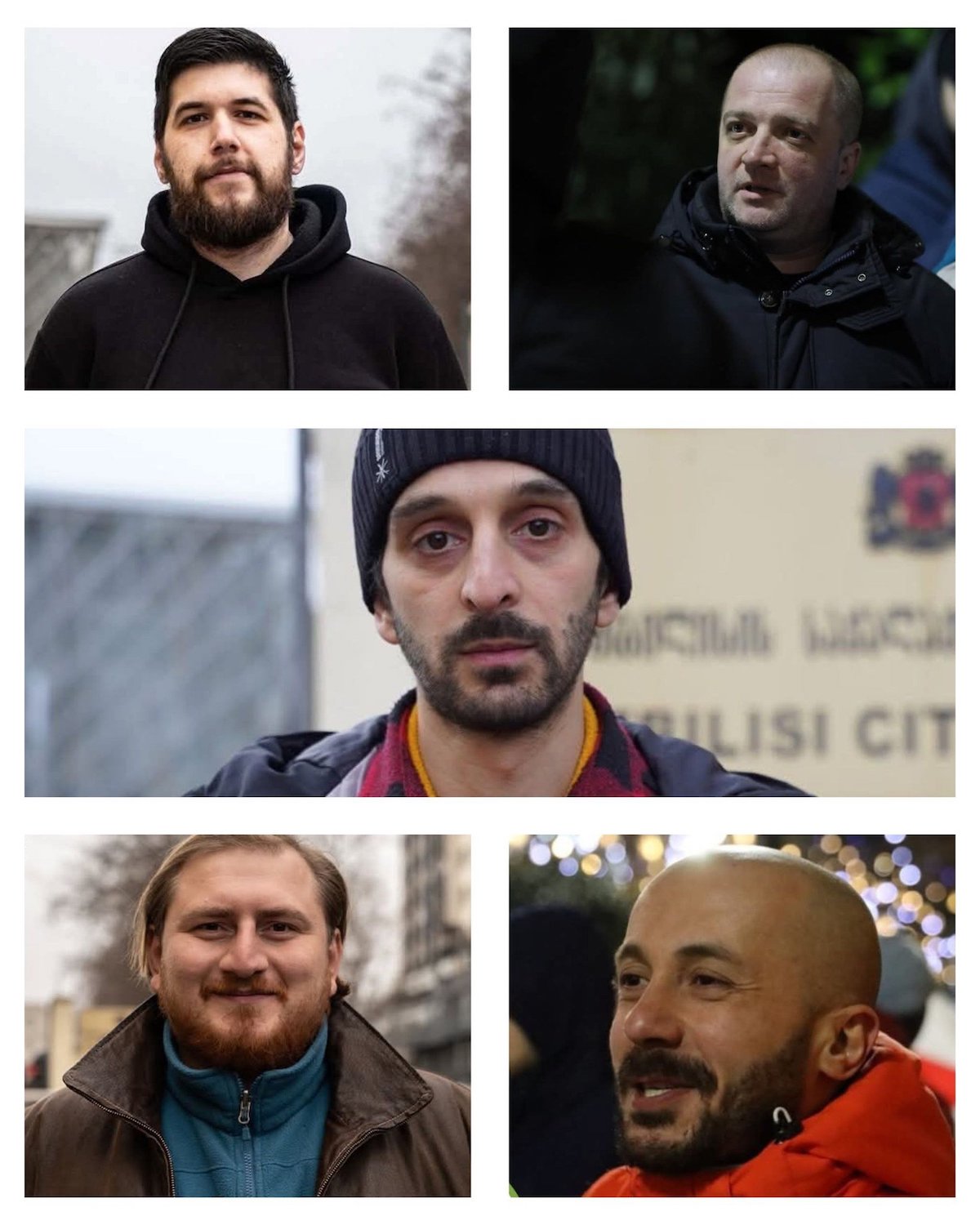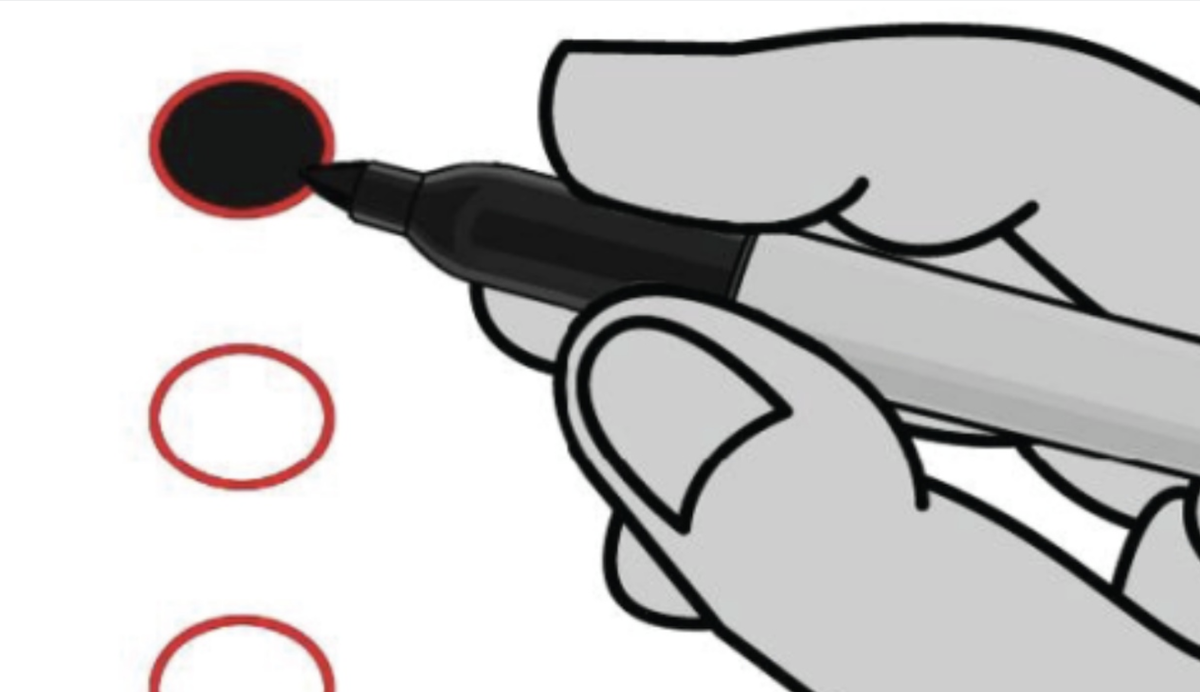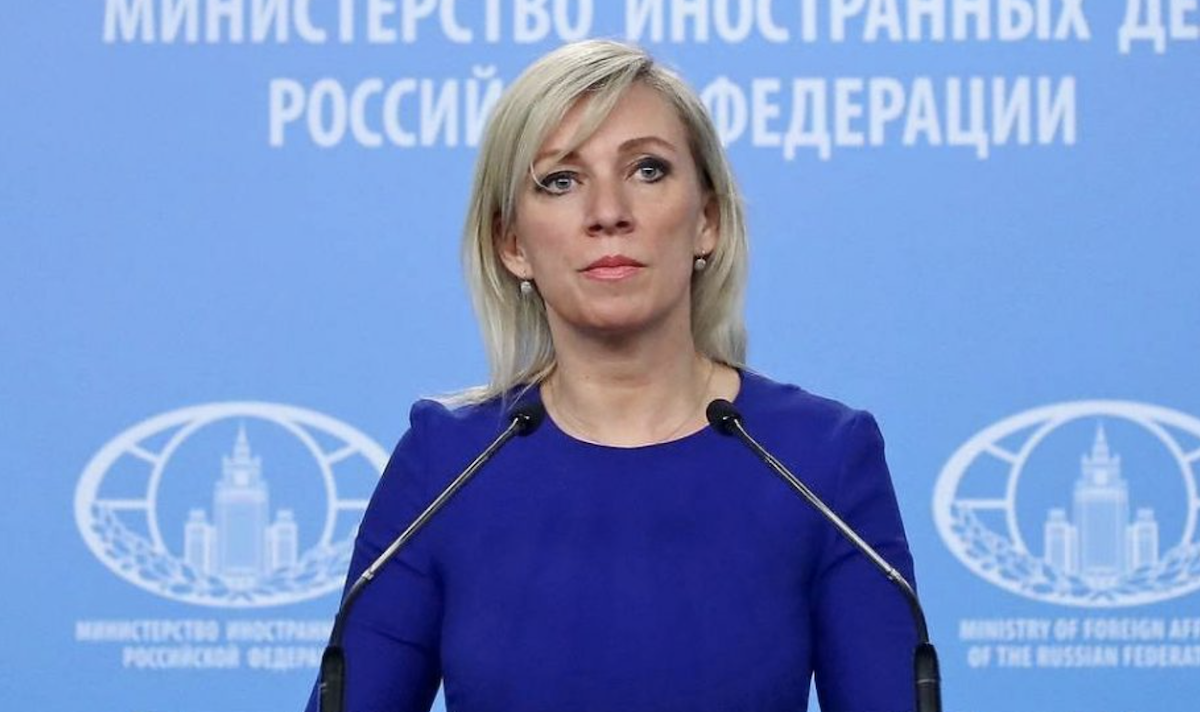Famous Ukrainian football club that became a refugee - the story of Shakhtar Donetsk
Donetsk Shakhtar moves to Kiev because of war
Shakhtar Donetsk is one of the most famous football clubs in Europe. In 2014, when the armed conflict began in eastern Ukraine, the team was forced to leave their native Donetsk. Shakhtar are now sharing the stadium with their main rival in Ukraine, Dynamo Kiev, and are trying to re-attract fans, Novosti Donbassa reports.
For a year now, FC Shakhtar has been playing home matches in Kiev, sharing the country’s main stadium with its principal rival, Dynamo Kiev. Before the armed conflict that began in 2014, this was unimaginable and even after the start of the war, Shakhtar left Donetsk and played home games in other Ukrainian cities.
With Shakhtar in the heart
Volodymyr Fomichev tries not to miss a single Shakhtar match this season. He has been a fan of the Donetsk club for 20 years.
“My father brought me to the stadium for the first time. It was the game Shakhtar – Transcarpathia at the Shakhtar stadium in Shcherbakov’s park”, Vladimir recalls.
Then there were hundreds of matches of his favorite team in Donetsk: from the modest stadiums Shakhtar and Lokomotiv to the ultra-modern Donbass Arena.
But because of the armed conflict that began in 2014, Fomichev, like his own team, became an internally displaced person from Donbass who ended up in Kiev.
“Until last season, I was not particularly interested in [football] for several years, because there was no time for that, there were many other problems”, the displaced person says.
Behind Vladimir’s shoulders – almost two years in captivity of the “DPR” group [“Donetsk People’s Republic” in the east of Ukraine]. He was detained by officers of the “Ministry of State Security” (MGB) in January 2016 in Makeevka, a satellite city of Donetsk, where he came to his parents to celebrate the New Year.
The young man had been a participant in the Donetsk Euromaidan since the fall of 2013 and rallies for the unity of Ukraine in the spring of 2014, which was the reason for his arrest. The MGB fabricated a case against Fomichev, accusing him of illegal possession of weapons and participation in extremist organizations.
To endure the hardships of bondage, he said, books and football on TV helped him.
“I’ve watched almost the entire Champions League of the 2016/17 season in the colony. In my opinion, Real Madrid beat Juventus in the final”.
He was released as a result of a prisoner exchange on December 27, 2017.
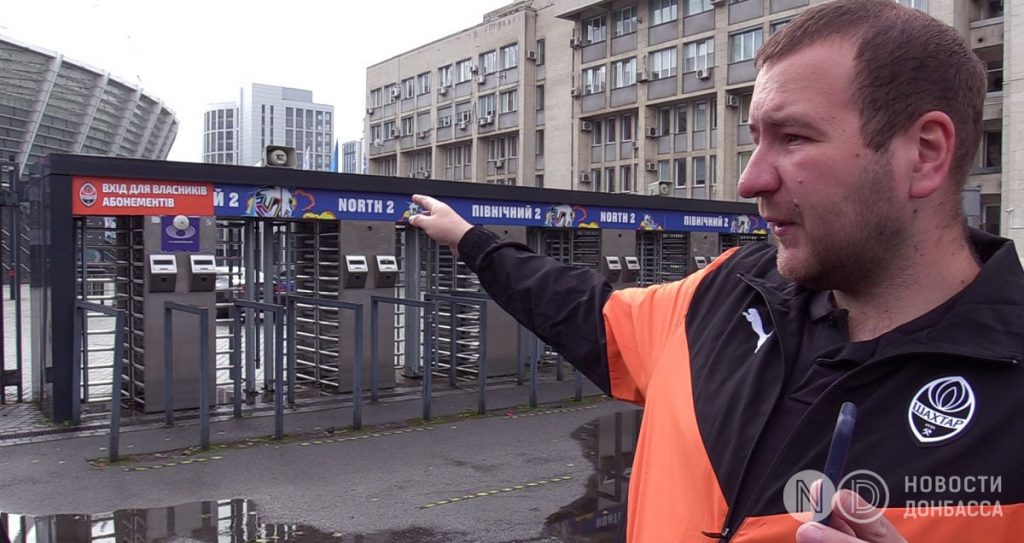
New neighbor
Shakhtar have not played in Donetsk since May 2014. After the start of the armed conflict, one of the two best clubs in Ukraine moved to Kiev, where the players live and train. But the Pitmen played their home matches first at the stadium in Lviv, and then in Kharkiv.
The situation was affected by the coronavirus. It became clear that the games would be played without spectators, and Shakhtar decided not to waste time and money on flights to Kharkiv, starting to play at the capital’s Olimpiyskiy stadium.
“If we are talking about the sports component, then constantly flying somewhere is difficult for the players and the coaching staff. From the point of view of achieving sports results, [playing in Kiev] is a more optimal solution”, explained Oleksandr Mamalyga, Marketing Director of FC Shakhtar.
Prior to that, only Dynamo Kiev, Shakhtar’s main competitor, played home matches at the 70,000-seat state-owned stadium. Now the arena is rented by both clubs. So the war and the pandemic made the two bitter rivals neighbors.
Olimpiyskiy is a state stadium and, accordingly, we, like Dynamo and any other organization, can rent it for our matches”, Shakhtar’s marketing director emphasized.
The Donetsk club does not hide the fact that Kiev is also more promising from the point of view of commercial goals. This is, first of all, about the sale of tickets and paraphernalia. True, in a new place everything needs to be started anew.
“From the point of view of interaction with fans, it is difficult, because we are working on building loyalty from scratch. Even those people who previously lived in Donetsk and as a result of the events that took place in 2014 and subsequent years moved to Kiev – they did not attend matches, because the club played in Lviv, and then in Kharkov. Accordingly, we begin to work with the formation of loyalty to the club from basic things”, said Alexander Mamalyga.
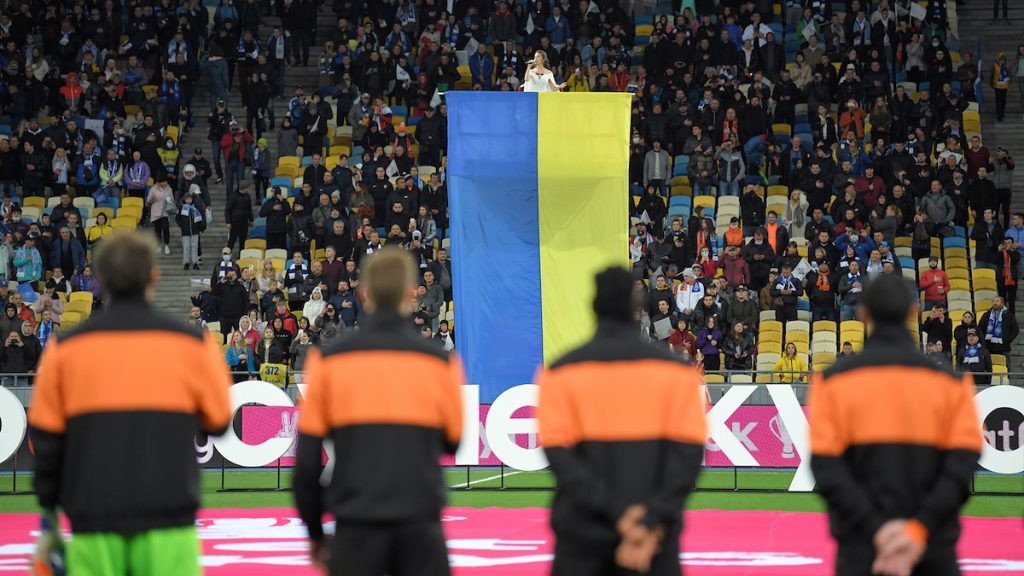
Shakhtar and fellow countrymen
According to official statistics, there are about 1.5 million internally displaced persons in Ukraine from the occupied territories of Donbass and Crimea. The overwhelming majority of them left precisely from the areas of Donetsk and Luhansk regions engulfed in hostilities.
In Kiev alone, there are more than 165,000 immigrants, and in the Kiev region – almost 70,000 more. Apart from the territories of the Donetsk and Luhansk regions controlled by Ukraine, the capital region is the leader in terms of the number of immigrants.
At Shakhtar they say they interact with people from Donbass.
“We have different segments of fans. Migrants from Donbass and those people who previously supported the club – they are one of the subsegments of those fans with whom we work”, said the club’s marketing director Alexander Mamalyga.
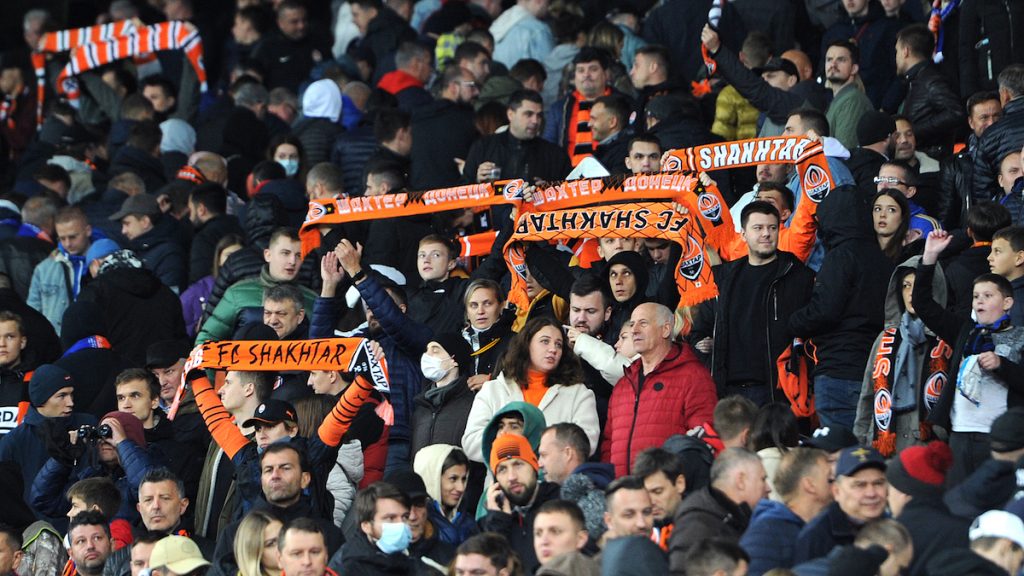
He noted that Shakhtar aims to increase the number of fans at the expense of new people.
“Probably, we need to find new fans. It is hard to hold on to the Donetsk backbone all the time, because there are not many of us at the stadium. And this is not the cheapest pleasure [attending matches]. And not all Donetsk migrants love football”, says the migrant Vladimir Fomichev. “But all the same, it seems to me that it is necessary to somehow support the displaced people who go [to football]”.
There should probably be some discounts in the club, in the football school of the club there should be some discounts for displaced children. Because it is very important that players who come from Donetsk appear in the team”.
Be that as it may, for immigrants interested in football, going to a match of their home club is an outlet.
“When you come to the stadium and express your emotions, then you can be calm all week”, Fomichev explains. “We [migrants] do not have the best psychological conditions, we have different problems. When you shift all this to football, and then you can’t carry it into everyday life, it seems to me that it’s good”.
“The club may be the last connection or one of the most important connections that [the migrants] have left with the region, with their home. Therefore, Shakhtar is important for them”, says sports journalist Oleksandr Sazhko.
Rivalry on and off the pitch
Fans have returned to the stadiums of Ukraine for the new season. Current Covid restrictions allow the stands to be filled, albeit not completely.
The first rounds showed that Shakhtar are on a par with Dynamo in terms of attendance at home matches in Kiev.
Finding themselves in a difficult situation, Shakhtar are trying to find their place in Kiev. Obviously, not everyone is thrilled about it.
The rivalry with Dynamo is now not only on the football field but also outside it. However, the opposition between the clubs in terms of attracting fans and organizing matches can benefit Ukrainian football, making it more interesting.










